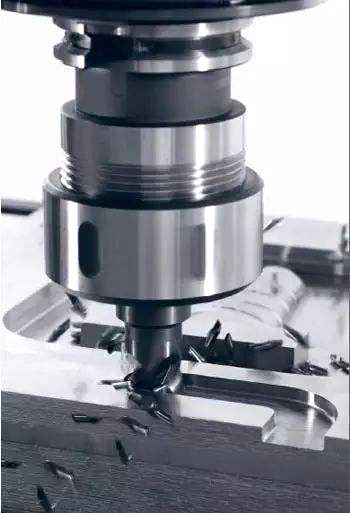Matters needing attention in the machining process of titanium alloy

In the process of machining titanium alloys, the following matters should be noted:
1. Due to the small elastic modulus of the titanium alloy, the clamping deformation and the deformation of the workpiece during processing are large, which will reduce the machining accuracy of the workpiece; When the workpiece is installed, the clamping force should not be too large, and if necessary, the auxiliary support can be added.
2. If chlorine-containing cutting fluid is used, hydrogen will be decomposed and released at high temperature during the cutting process, and hydrogen absorption will be caused by absorption of titanium; it may also cause high-temperature stress corrosion cracking of titanium alloy.
3. When the chloride in the cutting fluid is used, it may decompose or volatilize the toxic gas. Safety measures should be taken when using it, otherwise it should not be used; After machining, the parts should be thoroughly cleaned with chlorine-free cleaning agent to remove chlorine residue.
4, It is forbidden to use a fixture made of lead or zinc-based alloy to contact titanium alloy. Fixtures for copper, tin, cadmium and their alloys are also prohibited.
5, All fixtures or other devices that come into contact with the titanium alloy must be clean; For cleaned titanium alloy parts, it is necessary to prevent grease or fingerprint contamination, otherwise it may cause stress corrosion of salt (sodium chloride).
6, Under normal circumstances, there is no risk of fire when cutting titanium alloy. Only in the case of micro-cutting, the fine chips that are cut will have a burning phenomenon. To prevent a fire, in addition to a large number of pouring a cutting fluid, but also to prevent clogging of chips on the machine. The tool is replaced immediately after blunt, or the cutting speed is reduced, and the feed amount is increased to increase the chip thickness. If it is on fire, it should be extinguished with fire-fighting equipment such as talc powder, limestone powder and dry sand. It is strictly forbidden to use carbon tetrachloride or carbon dioxide fire extinguishers or watering because water can accelerate combustion and even cause hydrogen explosion.





